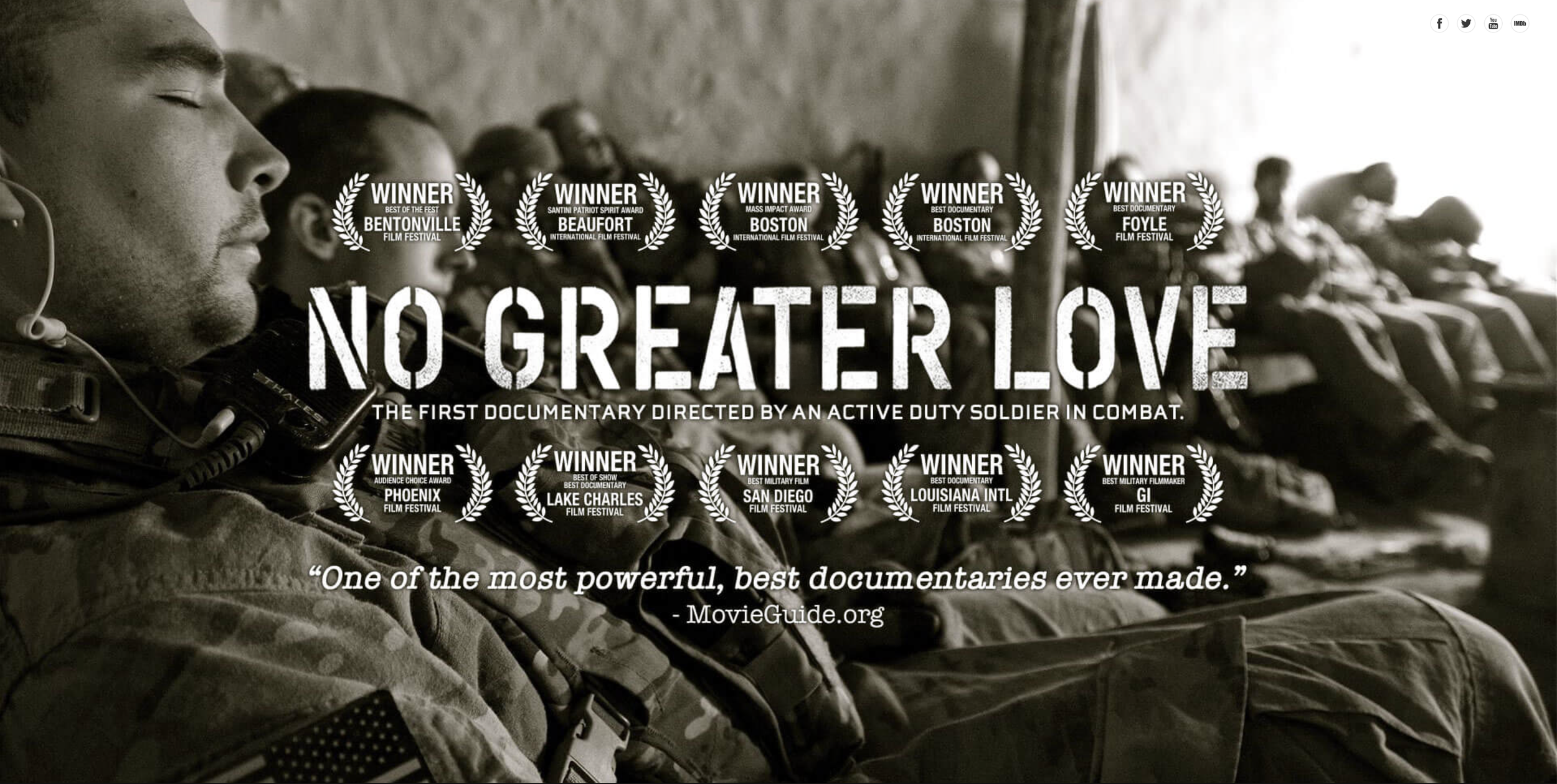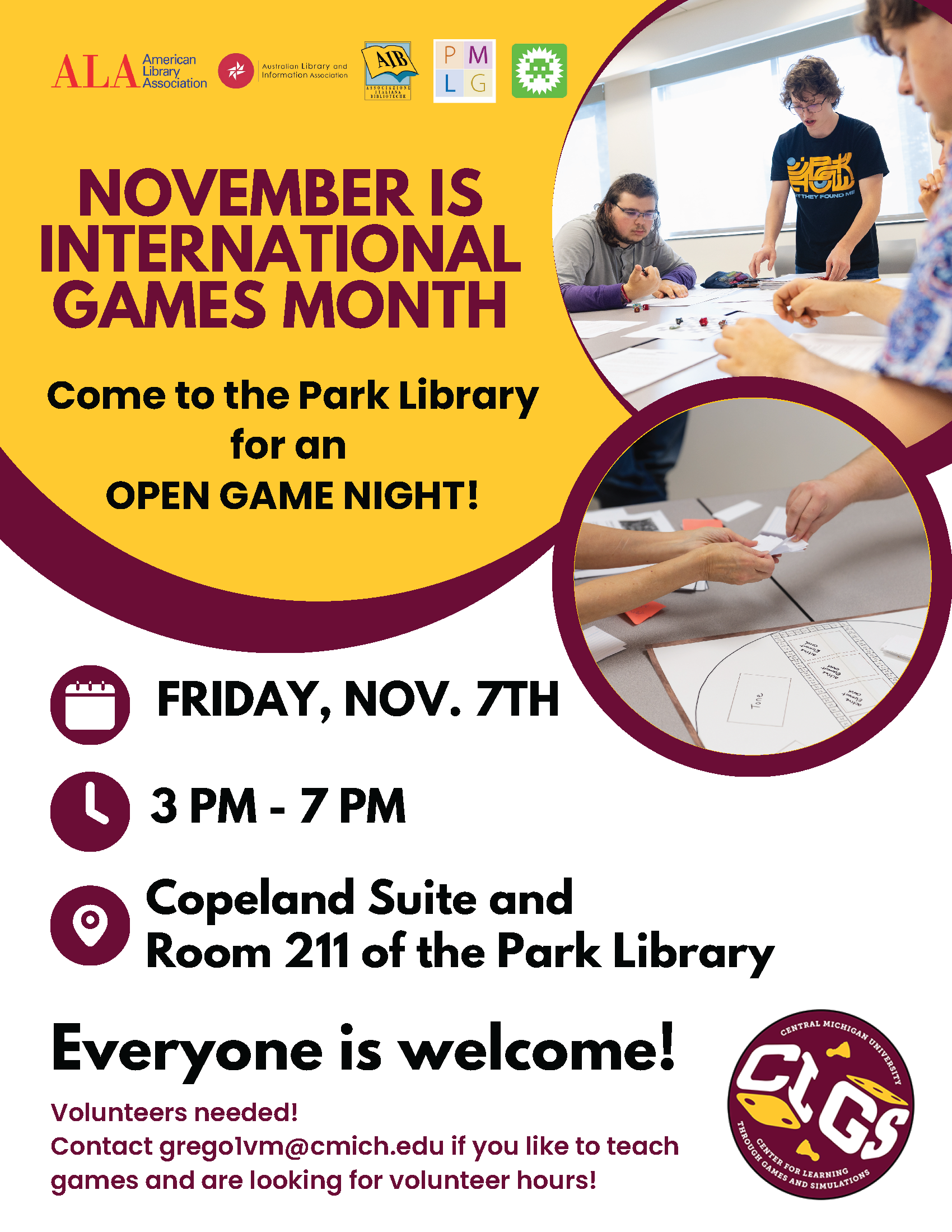Intelligent People also Fall for Fake News During a Pandemic
/A recent article from the BBC, “Why smart people believe coronavirus myths” laid bare the simple truth: even those with high-level credentials from top-notch institutions of higher education are at risk of believing fake news and misinformation during a crisis, like our current COVID-19 public health emergency.
David Robson, the author, points to a couple of phenomena that psychology of misinformation researchers have identified as being at play when it comes to fake news during a pandemic. First, we judge simple messages that “feel true” and are accompanied by an image and a vivid personal anecdote to be trustworthy. Furthermore, when that message is repeated, it feels more true to us.
Second, we are likely to pass on misinformation without even judging it. Maybe this is because there is a chance the information could be true and we don’t want to be a gatekeeper. Or maybe we are pawning off the task of evaluating the information when we share it - we take a “buyer beware” mentality. Or maybe we are simply interested in puffing up our own egos by trying to generate “likes” on our social media posts.
Regardless of the reasons why this plays out, the cold, hard facts are that we are more likely to pass on misinformation than we are to believe it. In a study of misinformation and headlines about COVID-19, 25% of participants said the “fake news” headlines were true. But 35% said they would share the fake news headlines. Ten percent of people are forwarding fake news that they do not necessarily believe to their contacts, thereby reinforcing the first point: repeating a simple message makes it feel more true.
Finally, some humans are “cognitive misers” - that is, we have enough brain power to discern fake news from truth, but we are reluctant to expend it evaluating the veracity of the story. This was demonstrated with a simple “cognitive reflection test.” As quoted from the article**:
“Consider the following question :
—Emily’s father has three daughters. The first two are named April and May. What is the third daughter’s name?
Did you answer June? That’s the intuitive answer that many people give – but the correct answer is, of course, Emily.
To come to that solution, you need to pause and override that initial gut response. For this reason, CRT questions are not so much a test of raw intelligence, as a test of someone’s tendency to employ their intelligence by thinking things through in a deliberative, analytical fashion, rather than going with your initial intuitions.
Thanks to Mr. Robson, we are armed with the information about why we are susceptible to falling for bogus stories about COVID-19, even if we are intelligent and well educated. What should we do with it? As the author states at the end of the article: “[W]e are going to need a multi-pronged approach to fight the dissemination of dangerous and potentially life-threatening misinformation. And as the crisis deepens, it will be everyone’s responsibility to stem that spread.”
So with that in mind, here are some resources to help you with fact-checking information about COVID-19: from the Central Michigan University Libraries and the Michigan State University Library. These sources aren’t only for you. They are for everyone with whom you share information. When you stem the spread of fake news about COVID-19, you help stop information that could lead to very bad outcomes.
**In the spirit of transparency, and to let you know that you are not alone in this simple unscientific test of cognitive miserliness, the writer of this post, Bryan Whitledge, thought, “June,” immediately upon reading the question.











